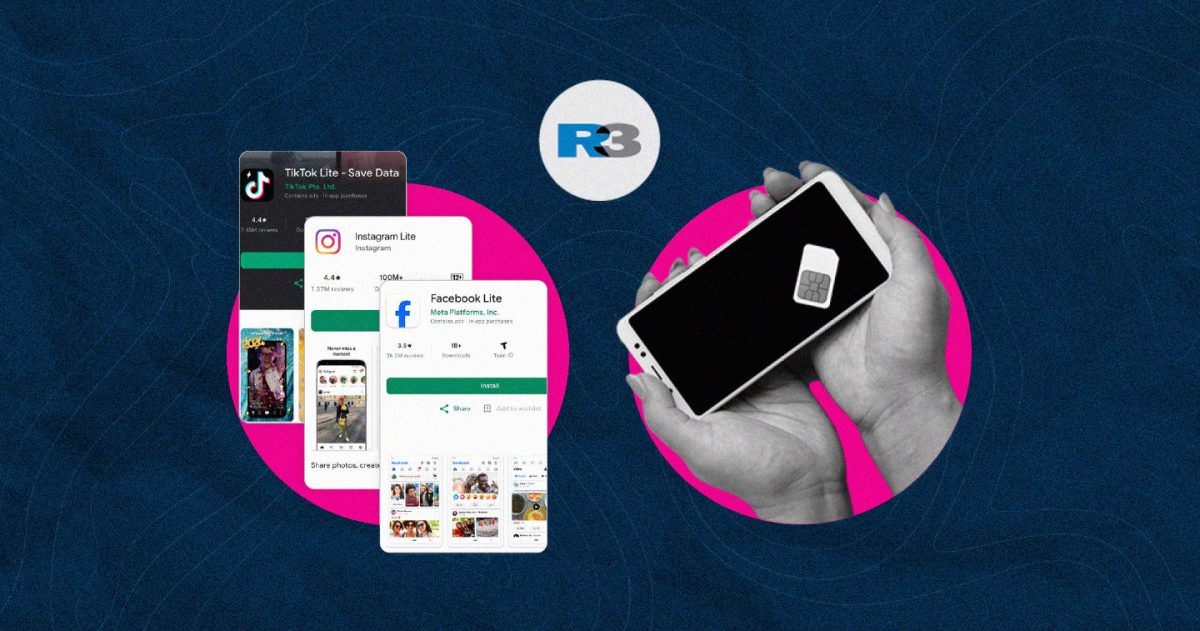
As this article goes to print, 40 million people will have watched live how a computer program called AlphaGo defeated the world’s Go human champion, Lee Sedol. Go is a deceptively simple and profound game invented in China, and played all over East Asia. What makes this triumph of artificial intelligence over humans so interesting to businesses is the sheer commercial possibilities of its technology to teach computers to recognize faces, translate between languages, and show relevant advertisements to internet users. So if John Wanamaker were alive today, he would be banging his fist demanding the other 50%.
Until Google writes a software program that replaces humans in the budgeting process, it is worth examining the merits and pitfalls of zero-based budgeting (ZBB), a trending headline since Unilever announced its move towards the strategy in late January of this year. While some are calling it a “belt tightening move” in the face of uncertain economic conditions, others are praising the FMCG giant for adopting a more strategic approach to creating marketing budgets. What exactly is ZBB and is it good or bad for business? “The essence of ZBB is not the commonly misunderstood ‘zero,’ but the whole idea of value.
Zero to Hero?
By and large, zero-based budgeting gets a bad rap as a cost-cutting method that companies employ when they are in trouble economically. Many people define ZBB as wiping the budget slate clean every year and starting from zero (hence the name), rather than extrapolating on the past years’ trends and next year’s revenue projections to create a budget. It requires each function within an organization to be analyzed for needs and costs, and expenses to be justified for each new period. While it can be more time consuming that traditional budgeting, ZBB is all about funding based on efficiency, and comes with the requirement for greater effort in determining ROI on every aspect of spending. Because of this, it allows for more visibility on the value of each function.
In addition to Unilever, ZZB has been adopted in the past several years by many of the world’s largest marketers, most famously by Kraft Heinz, Coca-Cola, Nestlé, Mondelēz, and Pepsi. Some companies employ ZBB less as a strategic way to identify what adds the most value every to the business and more as a cost cutting method to trim the bottom line. Consumer goods giants in particular have struggled in recent years in the wake of the economic downturn, but also as consumer taste shifts and people move towards making healthy lifestyle choices. Many have been successful in implementing ZBB strategies. Mondelēz, claimed to have saved $350 million in SG&A in 2015 and is projected to have a three year savings of $1.1 billion with increased margins, and more are looking to follow suit.
There are definite pitfalls to adopting ZBB as a blind mantra or a panacea for any and all marketing or budgeting issues. For example, making sure that smaller markets and brands receive adequate support and don’t miss out on the investment they need when building the budget each year. However, when used appropriately, ZBB can be an invaluable tool for focusing on core goals to drive growth rather than just chipping away at costs and overhead. It allows the marketing department to invest money strategically and leads to more proactive marketing. Instead of just “doing what you’ve always done” or adding/subtracting from the previous year’s budget, ZBB forces marketing teams to really examine what’s increasing ROI.
ZBB and Client-Agency Relationships
Not surprisingly, agency heads that weighed in on Unilever’s shift to ZBB don’t seem too enthusiastic. Some speculate that ZBB might threaten client-agency relationships, as pitches can sometimes be called to drive costs down. However, instead of viewing this shift as a business threat, agencies and marketers alike can look to another model – value-based remuneration – to better align on driving business results. The commonly used labor-based remuneration model for most client-agency relationships presents problems for both parties. Like a taxi fare, the client has to pay whether or not the agency adds any value, and the agency is paid a fixed amount regardless if the value created is tiny or significant.
If a marketing firm shifts to a zero-based budgeting approach, looking to invest only in what creates value to the business, it would make sense that they would compensate their agencies based on the value they add to rather than just the number of hours spent on a project. The ZBB approach is important to unlock budget to invest in new, progressive marketing methods. However, this is tough to do if marketers keep pumping millions into their legacy network agencies and running traditional ATL campaigns. Marketers need to relook at their agency partners to ask themselves – for the launches where my returns are smaller, what kind of activities should I be investing in that are simpler and cheaper to deliver but still get me the results I need? Speed and agility matters more than ever in an age when consumers are always on.
The Benefits of a Value-Based Approach
R3 has worked with leading FMCG companies, financial services, and Telco’s on implementing value-based remuneration models and found that the approach can be a catalyst for marketers to improve three main areas: measurement, accountability and sustainability. It is impossible to improve on what you can’t measure, and if you don’t know which brands or campaigns are increasing ROI, it will be impossible to create an accurate budget based on value. It will also drive accountability, both internally and externally, with marketers being held accountable to business and agencies being pushed to deliver what matters. Finally, the more agile and responsive model focusing on measurement and accountability will empower teams to learn from failures much faster and replicate success quicker.
The end game for zero-based budgeting and value-based remuneration are the same, spending marketing dollars effectively and efficiently. Marketers can mitigate cost redundancies, while freeing up that money to invest in market trends, which is crucial in the current landscape of constantly shifting digital ecosystems and agency relationships models. However it is important to note that while ZBB can provide cost cuts and savings if implemented correctly, it won’t solve larger brand issues. Just like with any strategy, there are pros and cons to weigh before it is adopted, especially for companies with such large marketing budgets and several brands and agency relationships to consider.
Shufen Goh is the Principal and Co-Founder of R3.





